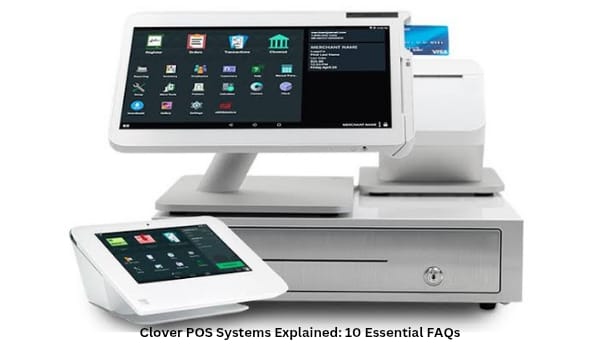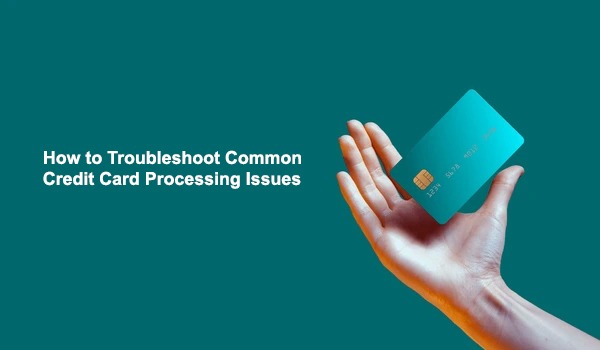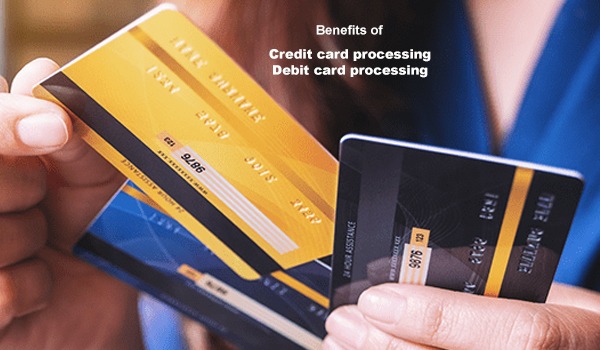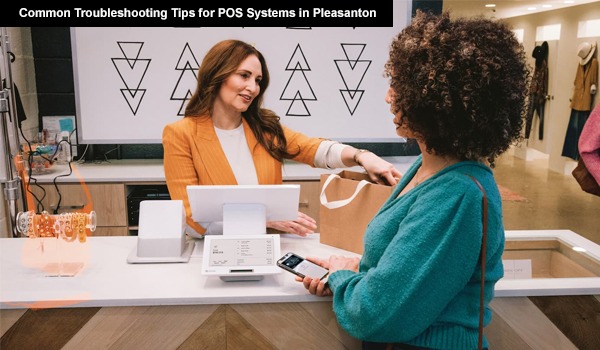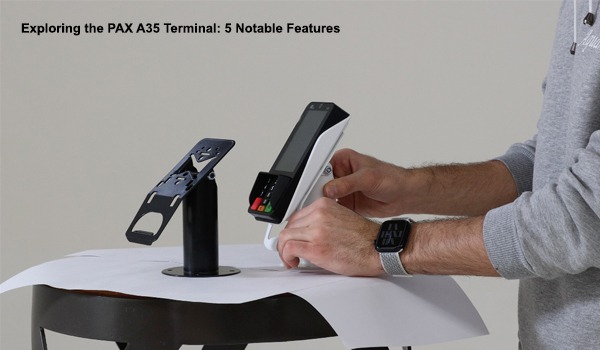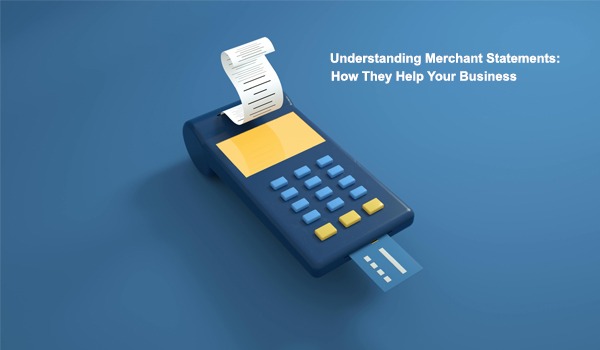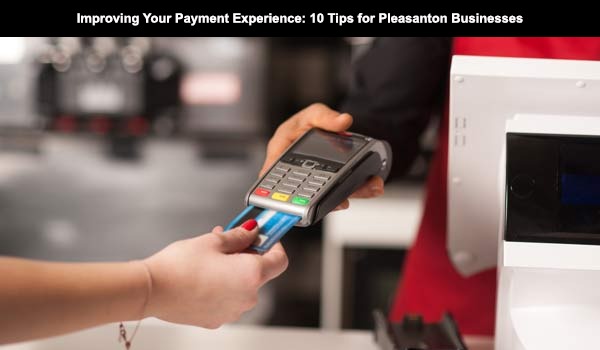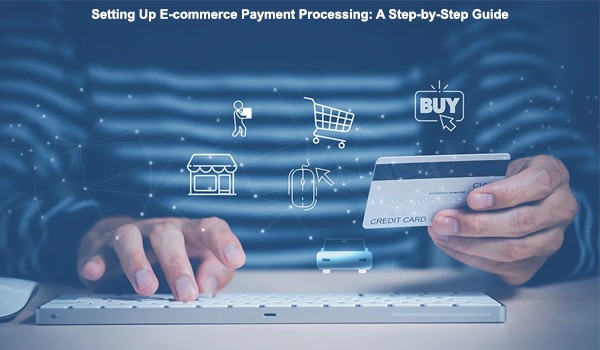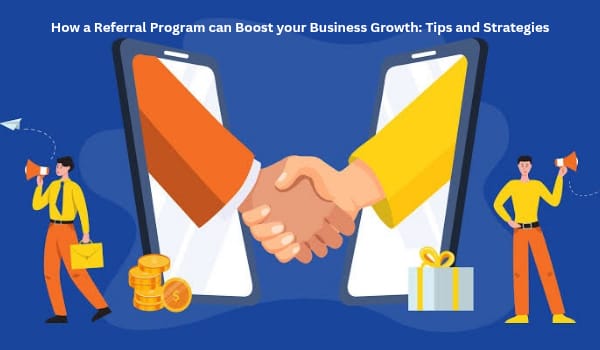
Introduction
In a market where competition is fierce, businesses are always looking for innovative ways to grow their customer base and boost revenue. One of the most efficient and affordable strategies to achieve this is by implementing a referral program. This approach leverages your existing customers to bring in new ones, tapping into their networks and trust to create exponential business growth. Not only does a referral program build a loyal customer base, but it also significantly reduces marketing costs and enhances brand awareness. In this blog, we will explore how a Referral Program can boost your business growth and provide actionable strategies for implementing a successful program
Why Referral Programs Are Highly Effective for Business Growth
Referral programs are powerful tools that leverage trust and word-of-mouth marketing to attract new customers. When customers refer others, they vouch for your products or services, making recommendations far more effective than traditional advertising. Here’s why referral programs work so well:
Trust and Credibility
- Referrals are inherently trustworthy because they come from people with firsthand experience
- Endorsements from friends or family hold greater influence than traditional advertisements.
- Prospective customers trust and value these endorsements, leading to stronger connections and higher loyalty.
Cost-Effective Marketing
- Referral programs are budget-friendly compared to traditional advertising.
- Instead of spending on TV ads or influencer partnerships, you reward loyal customers for their referrals.
This ensures you only pay for successful outcomes, making it a cost-efficient strategy.
High Conversion Rates
- Referrals drive better conversion rates by tapping into trust and social proof.
- Customers are more inclined to make a purchase when referred by a trusted source.
- Studies show referrals outperform cold leads or impersonal ads in generating sales.
By harnessing the power of trust and credibility, referral programs boost customer retention, generate leads, and reduce marketing costs—all while building your reputation.
Setting Up a Successful Referral Program: Key Components
A well-planned referral program can drive business growth by attracting new customers and motivating existing ones. Focus on these essential elements to create a successful program:
Simplify the Process
Make participation straightforward and hassle-free to encourage referrals.
- Provide clear, user-friendly instructions for referring others and claiming rewards.
- Minimize barriers by offering multiple referral methods, like email, social media, or personalized links.
Offer Compelling Incentives
Motivate action with rewards that appeal to both referrers and new customers.
- Consider discounts, free products, loyalty points, or cash rewards.
- Implement tiered rewards to increase participation and motivate repeat referrals.
- Balance attractiveness with cost-effectiveness to maintain profitability.
Use Reliable Tracking Systems
Accurate tracking ensures fairness and builds trust in your program.
- Choose software or tools that integrate with your CRM or website to automate tracking
- For smaller businesses, keep manual tracking organized to avoid errors.
Communicate Effectively
Engage participants with personalized, regular updates.
- Inform customers about the program and remind them of rewards via email, SMS, or social media.
- Tailor messages to make customers feel appreciated and motivated.
By combining simplicity, attractive incentives, robust tracking, and effective communication, you can build a referral program that fosters participation and drives business growth.
Types of Referral Programs to Consider
Not all referral programs are the same. Businesses can choose from different models depending on their goals, industry, and customer preferences. Here are some types of referral programs that have proven successful:
- Discount-Based Referral Programs: Provide both the referrer and the referred customer with a discount on their next purchase. This model is particularly effective in retail and e-commerce businesses.
- Cash-Based Referral Programs: Provide a cash incentive for every successful referral. This is often seen in services like real estate or financial advising.
- Points or Loyalty Programs: Reward customers with points that can be redeemed for products, services, or discounts. This works well for businesses that already have an established loyalty program.
- Tiered Referral Programs: Create a tiered reward system where customers receive increasing rewards based on the number of successful referrals. This motivates customers to keep referring and can generate more word-of-mouth buzz.
- Referral Contests: Encourage customers to participate in a referral contest where they can win a grand prize if they make the most referrals within a certain time frame.
Promoting Your Referral Program to Maximize Engagement
A strong referral program won’t yield results if customers are unaware of it.
- Leverage Your Website and Social Media: Make sure your referral program is prominently displayed on your website and social media channels. Use banners, pop-ups, and posts to encourage customers to refer others.
- Email Marketing Campaigns: Send personalized email invitations to your existing customers explaining the referral program and how they can benefit. Include easy-to-follow instructions and highlight the rewards.
- In-Store or Point-of-Sale Promotion: For brick-and-mortar businesses, promote your referral program at checkout or in-store. Employees can inform customers about the program, making it easier to sign up and participate.
- Influencer and Affiliate Collaborations: Partner with influencers or affiliates who align with your brand to help spread the word about your referral program.
Measuring Success and Adjusting Your Program
Once your referral program is live, it's essential to assess its performance and make improvements as needed.
- Referral Rate: How many customers are referring others? This will tell you how successful your program is at generating new leads.
- Conversion Rate of Referrals: Track how many of the referred customers make a purchase. A higher conversion rate indicates that your referral program is successfully driving tangible business results.
- Cost per Acquisition: Compare the cost of rewarding customers with the revenue generated by new customers from the referral program. This will help you determine the ROI of the program.
- Customer Lifetime Value: Track the long-term value of customers gained through referrals.
Based on these metrics, you can fine-tune your program by adjusting incentives, refining the referral process, or expanding your promotional efforts.
Conclusion
Referral programs are a powerful way to drive business growth by leveraging your customers’ networks to attract trusted leads. With the right incentives, clear communication, and effective marketing, these programs can boost conversion rates, foster loyalty, and reduce marketing costs.
Success requires regular tracking and adjustments to ensure optimal results.
Don’t miss out on the benefits of word-of-mouth marketing. Contact Q PaymentZ today to learn more about our referral program and start growing your business!
